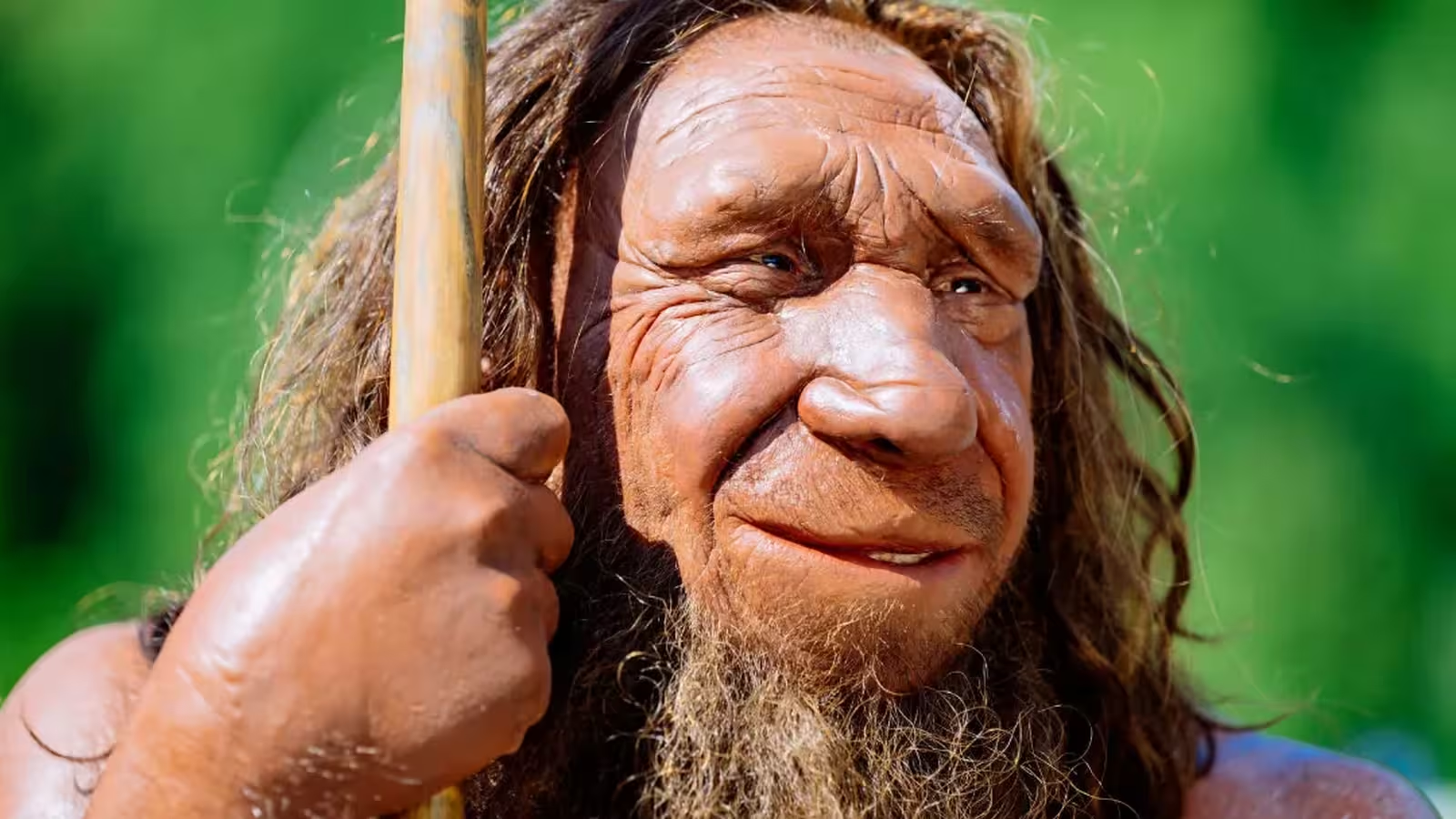3 Minutes
Understanding the Lifespan of Neanderthals and Early Humans
Modern humans are pushing biological boundaries of longevity, with life expectancy steadily rising thanks to advances in medicine and quality of life. Yet, not so long ago—in evolutionary terms—our ancestors, including the Neanderthals, lived much shorter lives. Despite going extinct over 40,000 years ago, traces of Neanderthal DNA persist in humans today, highlighting a deep genetic connection. This persistent link raises a fascinating scientific question: just how long did Neanderthals typically live?
DNA Methylation: Unlocking Ancient Lifespan Estimates
Given the absence of written records or death certificates tens of thousands of years ago, scientists have turned to innovative techniques rooted in genetics and epigenetics to answer this question. A groundbreaking study conducted in 2019 by researchers at the Commonwealth Scientific and Industrial Research Organisation (CSIRO) in Australia sought to estimate the average lifespan of extinct human species by analyzing their genomes.
Dr. Ben Mayne, lead author of the study, explained: "With access to the genomic sequence of a species, we can estimate lifespan by studying a specific type of change called DNA methylation." DNA methylation is an epigenetic modification—meaning it affects gene expression without altering the underlying DNA sequence. These changes often occur in regions called CpG sites, and the pattern and density of methylation in certain genomic areas have been linked to lifespan across mammalian species.
Introducing the Predictive Lifespan Clock
Building on these findings, scientists developed a tool termed the "predictive lifespan clock." This method analyzes methylation patterns across genomes to estimate maximum lifespans for different species. When applied to Neanderthal DNA, the results were striking: the average estimated lifespan for a Neanderthal was approximately 37.8 years.
Comparing Denisovans, Modern Humans, and Our Genetic Limits
The predictive lifespan clock tool yielded similar results for Denisovans, another extinct human relative. While a lifespan of just under 38 years may seem short compared to today’s standards, genetic evidence suggests it was sufficient for Neanderthals and Denisovans to mature, reproduce, and, in the case of Denisovans, intermingle with anatomically modern humans.
Interestingly, when applied to ancient Homo sapiens, the biological model estimated a genetically-determined maximum lifespan of around 38 years—very close to our extinct relatives. For many, this similarity is surprising, emphasizing a key insight: genetics sets only one limit on lifespan.
The Role of Medicine and Society in Human Longevity
Researchers stress that the remarkable increases in human longevity over the past two centuries stem largely from advancements in medical science, improved nutrition, and better living conditions. As Dr. Mayne and colleagues conclude, Neanderthals and Denisovans likely shared similar lifespans with early modern humans during prehistory. It was not until the emergence of healthcare, public sanitation, and scientific innovation that human beings began to regularly surpass these genetic constraints.
Today, people are living longer than at any point in human history. In the United States, for example, the number of centenarians—individuals aged 100 or older—is projected to quadruple within the next three decades. This trend signals humanity’s ongoing success in overcoming biological and environmental barriers to longevity.
Conclusion
By delving into ancient genomes and harnessing advances in epigenetics, scientists have pieced together the likely lifespans of Neanderthals, Denisovans, and the earliest modern humans. While our genetic makeup once dictated an average life expectancy of just under 40 years, medical and societal progress has dramatically extended our potential. This research not only deepens our understanding of human evolution and longevity, but also underscores the transformative power of science in shaping the future of human health and lifespan.
Source: iflscience



Comments